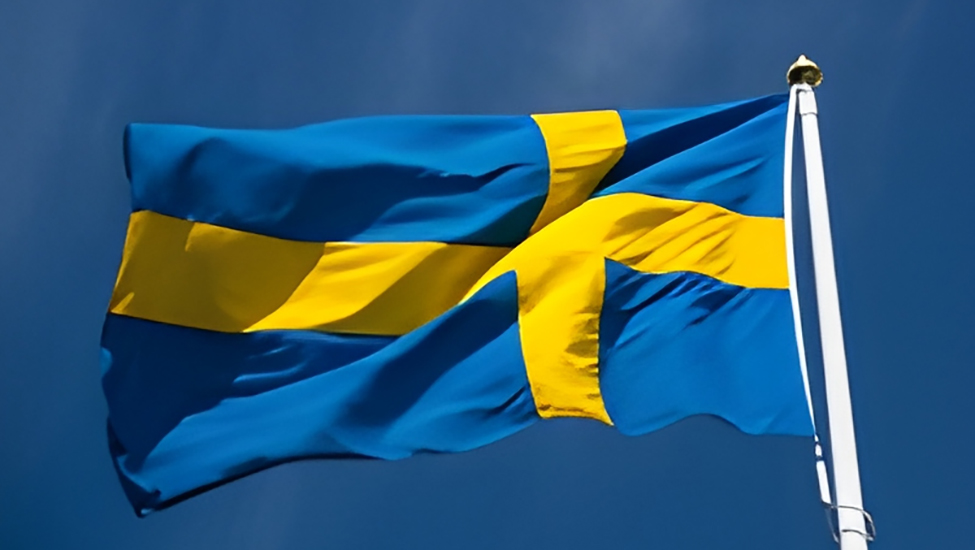The Newsletter n°454 — 13 sept. 2010
La Lettre
—
13 September 2010
ESCP
1 January 1970

Seminar/Montenegro
1 January 1970
Summer University
1 January 1970
Elections/Sweden
1 January 1970
Elections/Bosnia
1 January 1970
Editorial
1 January 1970
Referendum/Turkey
1 January 1970
Council
1 January 1970

Ireland
1 January 1970
Finland
1 January 1970
Italy
1 January 1970
Austria
1 January 1970
OECD
1 January 1970
IMF
1 January 1970
Greece
1 January 1970
Banks
1 January 1970
Belgium
1 January 1970
Sweden
1 January 1970
Commission
1 January 1970
State/EU
1 January 1970

Roma
1 January 1970
Asylum
1 January 1970
France
1 January 1970
Iran
1 January 1970

Roma
1 January 1970
Animals
1 January 1970
Gambling
1 January 1970

Foreign Affairs
1 January 1970

Latvia/Lithuania
1 January 1970

Decision
1 January 1970
Competitiveness
1 January 1970
Bank
1 January 1970
Reform/Work
1 January 1970

Italy
1 January 1970

Defence
1 January 1970

Space
1 January 1970
Cyprus
1 January 1970

Government
1 January 1970
Bulgaria
1 January 1970
IMF
1 January 1970
Korea
1 January 1970

Poland
1 January 1970

Coalition?
1 January 1970

France
1 January 1970

Romania
1 January 1970

Appointment
1 January 1970

Retirement
1 January 1970

EU/Aid
1 January 1970

Referendum
1 January 1970

Romania/Bulgaria
1 January 1970

Germany
1 January 1970
A strong EU?
1 January 1970

Serbia/Kosovo
1 January 1970

Georgia
1 January 1970

Population
1 January 1970

Yearbook
1 January 1970
Balkans
1 January 1970

Turkey
1 January 1970
Defence
1 January 1970
Languages/EU
1 January 1970
Turkey/Russia
1 January 1970
ECB
1 January 1970
Competitiveness
1 January 1970
Policy/EU
1 January 1970

Memoirs/Blair
1 January 1970
Festival/San Sebastian
1 January 1970

Exhibition/Speyer
1 January 1970
Expo/Karlsruhe
1 January 1970
Capital/Culture 2015
1 January 1970
Heritage Days
1 January 1970
Agenda
13th September
"General Affairs" Council of the Council of the European Union "Foreign Affairs" Council of the European Union ()
15th September
Informal meeting of EU Transport Ministers ()
16th September
European Council ()
18th and 19th September
Europe Heritage Days ()
19th September
General Elections -Sweden ()
20th and 21st September
Informal meeting of the EU Agricultural Council ()
From 20th to 23rd September
Plenary Session of the European Parliament ()
Should we be concerned about European competitiveness?
The European Space Context (after the ESA Ministerial Council meeting in 2025)
In support of European regulation that is compatible with growth
Democratic resilience in Europe in a polarised world
French nuclear deterrence and Europe
The Editors of the Newsletter :
Stefanie Buzmaniuk, Helen Levy
N°ISSN : 2729-6482
Editor-in-Chief :
Eric Maurice
Director of Publication :
Pascale Joannin
Any questions or suggestions?
Contact Us!







